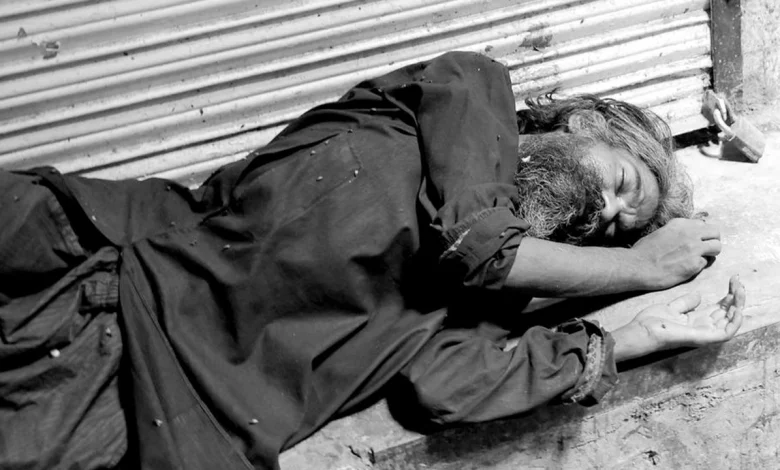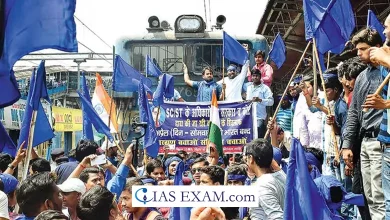UPSC Editorial Analysis
Vicious link between homelessness and mental health
(Syllabus- GS Paper 2, Health)

Context– Over the years,homelessness has expanded to multidimensional angles but it is not just simply the lack of place to live but a social deficiency that is a concerning issue in the human rights crisis.
The scenario
- As per the World Economic Forum report 2021,there are 150 million homeless people in the world.The Indian census of 2011 highlights that India has 1.77 million homeless individuals,i.e nearly 0.15% of the country’s total population.
- Such numbers are rarely true as the burden of homelessness is hidden.The missing numbers mostly reside in slums, inadequate settlements, temporary shelters and relocate frequently.
- Estimates have suggested that one in five Indians suffer from mental health conditions. Among the affected only 15% received the required treatment.
- Certain sections of the population are particularly vulnerable and homeless individuals are one of them.The vicious cycle of poverty, homelessness and ill health can cause aggravated physical and mental illnesses.
- The epidemiological studies conducted among the homeless and mentally ill people in India show that psychosis (encompassing schizophrenia and related illnesses is most common,followed by mood disorders, addiction disorders and intellectual disabilities.
- A significant majority are unable to seek help due to lack of social support, high stigma, impaired self-care and judgment ,limited literacy, poverty and lack of employment amid rapid urbanization.
- The social inertia towards their complaint interferes with medical care. Most homeless and mentally ill people are typically depicted as disheveled, disorganized, untidy and aggressive in popular media. But nowhere has their voices, the cause behind their condition and their response to treatment is talked about.
- Homeless people with mental illness have the double burden of lack of self-care and security suffering from paranoia and are abused and even sexually exploited as we hear cases of homeless mentally ill patients being murdered,raped and impregnated.
- The Mental health care act 2017 (MHCA) has brought several provisions for the homeless mentally ill, defining the responsibilities of the law enforcement individuals, psychiatrists and the society in general. The NGOs comprise a major part of the support infrastructure that helps out with the homeless mentally ill in India. NGOs like the Richmond Fellowship society(Karnataka), Ishwar Sankalpa(Kolkata), The Banyan (Chennai), Ashadeep (Guwahati), Ashray Adhikar Abhiyaan (New Delhi), to name a few work extensively in providing psychosocial rehabilitation to mentally ill homeless individuals. They have been working consistently for providing social recovery,empowerment and social reintegration.
- India is socio-culturally diverse and the poverty -mental health nexus is evident in research. As stated by Reetinder Kaur and R.K Pathak in Homelessness and mental health in India ( the Lancet Psychiatry)- There is an urgent need to redefine the term homelessness in the Indian context.
Way forward
- Traditional census methodologies are insufficient to collect optimal data on the homeless people.The existence of few national target programmes remain unmet even the MHCA even needs improvisation.
- There is a need for regular national surveys, screening and identification of mental health conditions of homeless individuals with systematic attempts for rehabilitation, establishment of their social identities, tracing their family members, facilitating Aadhar cards and enabling health care access.
- Community sensitization is the need of the hour to reduce the stigma that involves the public in their care.
Conclusion
- Most of the mentally homeless people are met with hostility, abuse and gross violation of their dignity and human right, the government must collaborate with NGOs and the media need to play the role of sentizing the polouation.
- Physicians and psychiatrists must be trained to empower and treat mentally ill homeless people and policies and programmes must be designed and implemented to enhance the overall mental and physical well being of the homeless and mentally ill ensuring their dignity and human rights.





.png)



